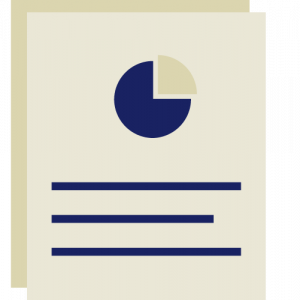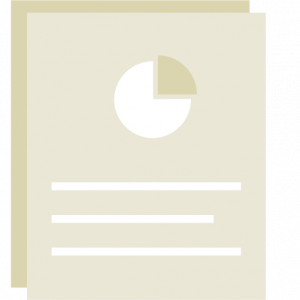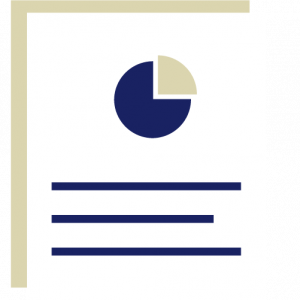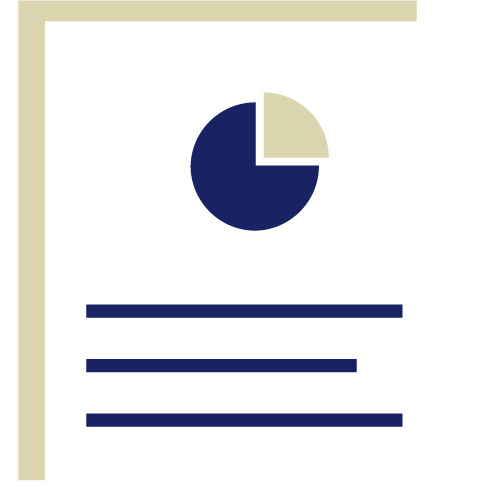
OUR REPORTS
Our research tries to understand the role that sanctions can play as a preventative measure against corruption and as part of the early stages of asset recovery.
Here you can access and download CiFAR’s research reports about sanctions.
NOVEMBER 2024
FROM SANCTIONS INVESTIGATION TO ENFORCEMENT
Lucia Cizmaziova, Clara Czuppon and Jackson Oldfield.
Legislative and policy loopholes and implementation and enforcement gaps have been taken advantage of by individuals and businesses to evade sanctions. Through both a review of the literature and through laying out the institutions, penalties and actual enforcement of sanctions across eight jurisdictions in Europe and North America this report highlights important considerations when it comes to the enforcement of sanctions..


December 2023
FROM SANCTIONS TO INVESTIGATIONS.
Lucia Cizmaziova. Reviewed by Anton Moiseienko and Jackson Oldfield.
Effectively addressing illicit financial flows depends on anti-corruption investigations and asset recovery. Our report, From Sanctions to Investigations, provides an examination of the intersection of sanctions and anti-corruption investigations, and highlights the critical legal and policy frameworks that govern this process. This report demonstrates the need for policymakers to assess and strengthen the tools available for asset recovery in the context of sanctions. It invites a thorough consideration of anti-corruption strategies with a view to strengthening measures against illicit financial flows.
2021
SANCTIONS AS A TOOL FOR ASSET RECOVERY: A GLOBAL PERSPECTIVE
Lucia Cizmaziova, and reviewed by Dr Clara Portela and Jackson Oldfield
One of the tools increasingly being used to fight against stolen public funds are sanctions that impose asset freezes. However, despite an increase in the usage of such sanctions to fight corruption, only some sanctions regimes have been designed specifically to aid also in the recovery of misappropriated funds to countries of origin and, as such, provide a direct link to the seizure, forfeiture and recovery processes. This report explores the growing use of anti-corruption sanctions and their impact on asset recovery.
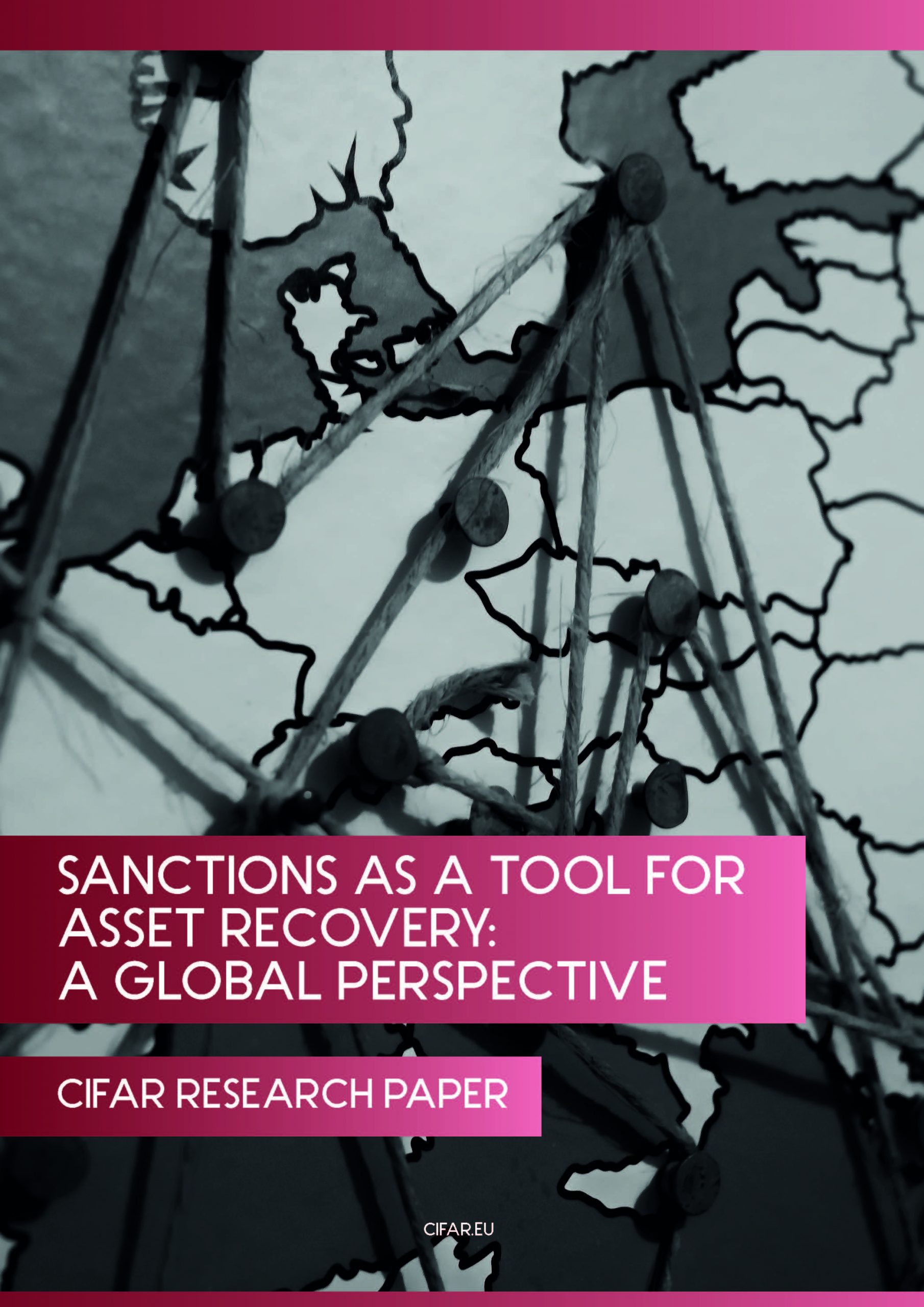
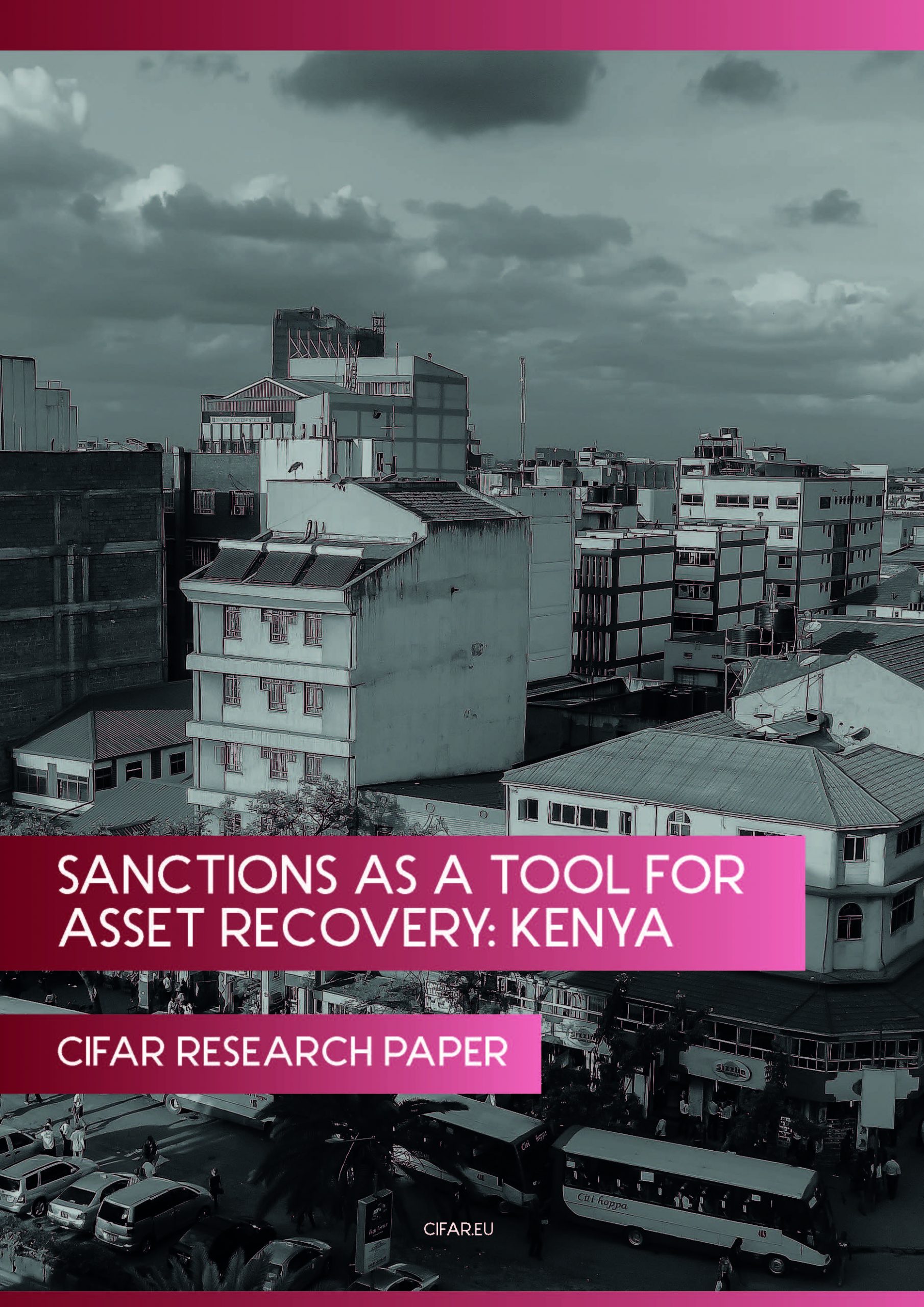
2020
SANCTIONS AS A TOOL FOR ASSET RECOVERY: KENYA
Vaclav Prusa
This research study assesses the current state of play in the use of sanctions as an asset recovery tool, examining their application in Kenya, and their prospects for addressing grand corruption. Kenya has been relatively successful in recent years in concluding modest asset recovery agreements and has shifted its strategy from purely pursuing corruption prosecutions and convictions to also tracing and locating the proceeds of corruption. Sanctions imposed by other countries have though been portrayed within Kenya as politically motivated and designed to preserve geopolitical or business advantage. Care needs to be taken when imposing these international sanctions that they address primarily cases where national progress is stalled. Extensive communication with a wide range of Kenyan stakeholders during the process is recommended.
2020
SANCTIONS AS A TOOL FOR ASSET RECOVERY: MOZAMBIQUE
Vaclav Prusa
This research study assesses the current state of play in the use of sanctions as an asset recovery tool, examining their application in Mozambique, and their prospects for addressing grand corruption. The Government of Mozambique and the international partners have been struggling to locate and repatriate the assets stolen in the Hidden-Debt scandal in 2016 which brought the country to economic collapse. Therefore, sanctions by international partners, including secondary sanctions on international business entities implicated in domestic corruption scandals, may be useful in sending a clear message that impunity cannot be tolerated and exerting pressure for long-term reform. The anti-corruption objective which any current sanctions related to Mozambique should support is to block the repayment and nullify the fraudulently acquired state loans.
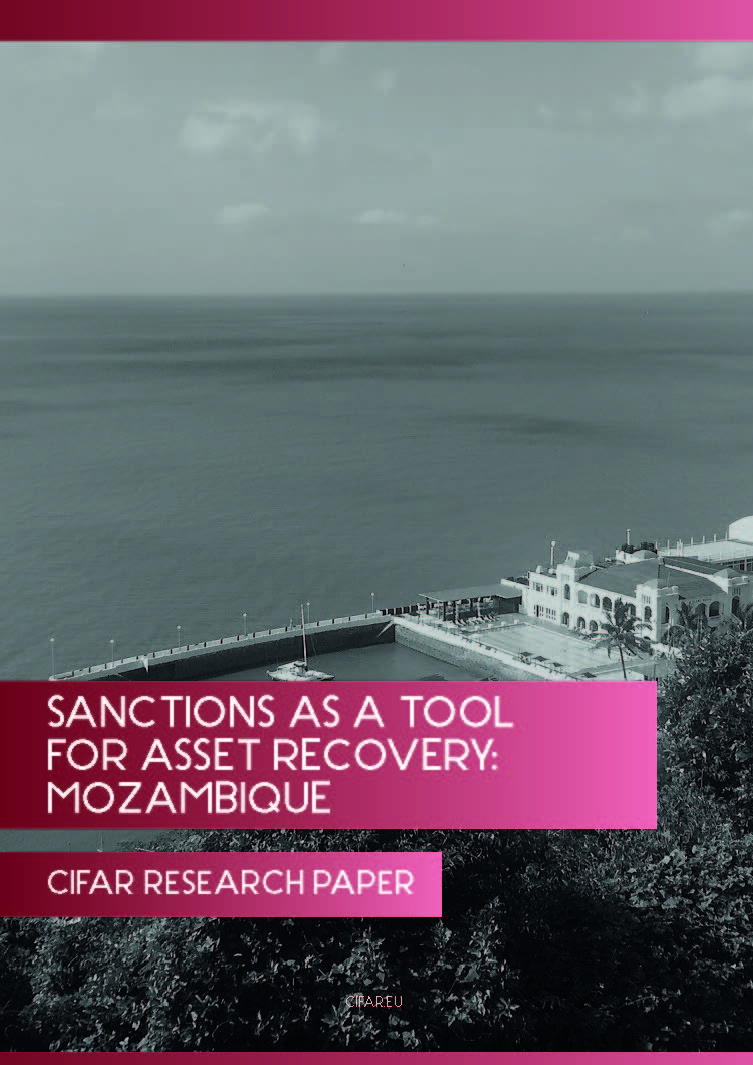
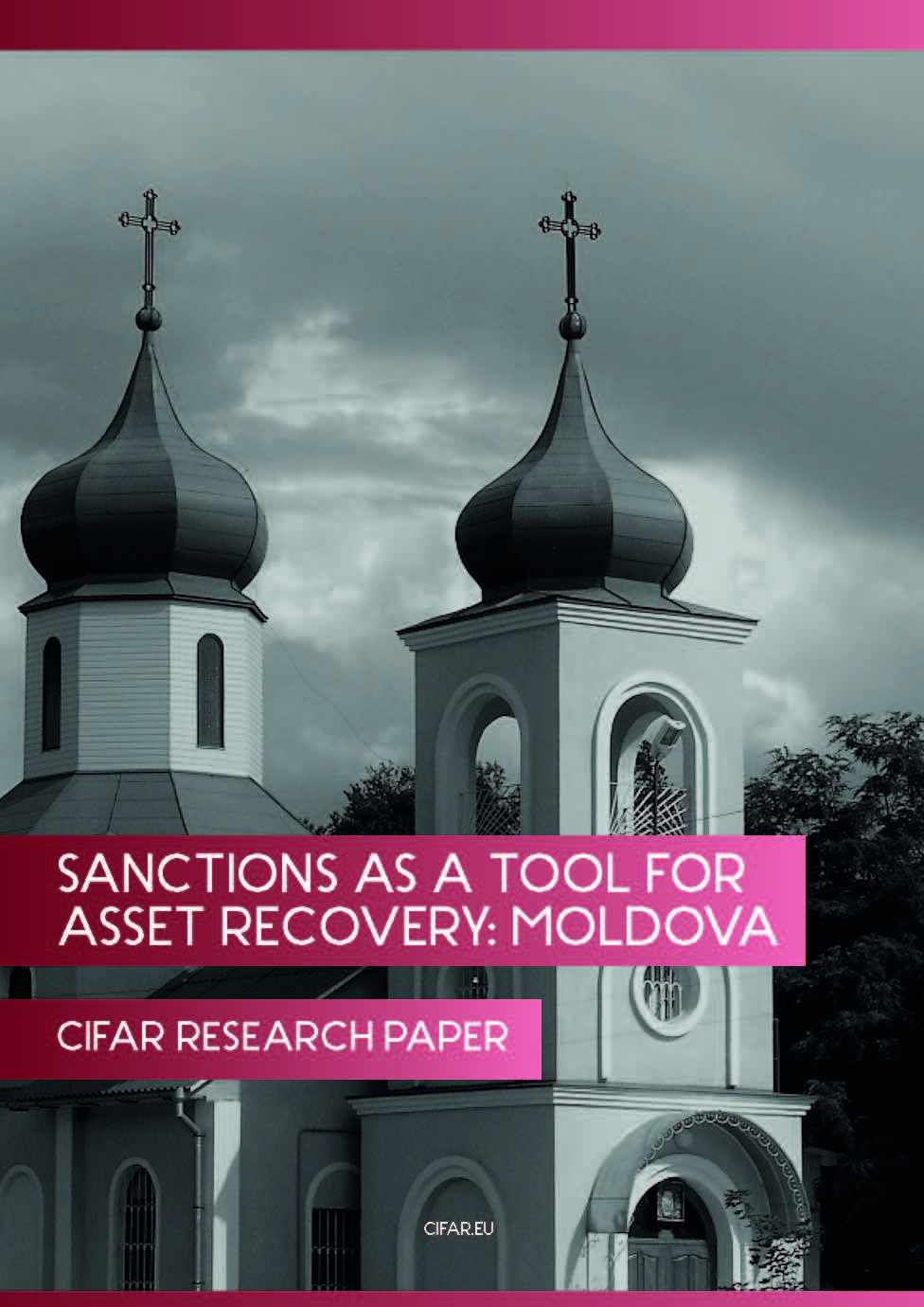
2020
SANCTIONS AS A TOOL FOR ASSET RECOVERY: MOLDOVA
Dumitru Alaiba
In 2011 and 2014, the EU imposed sanctions on individuals of former regimes in Tunisia, Egypt and Ukraine freezing their assets in EU member states. This study analyses the effectiveness of this system as a tool against cross-border corruption and asset recovery. The research shows that while the misappropriation sanctions imposed on individuals in Tunisia, Egypt and Ukraine were certainly successful in showing political support to the new leadership, the success in recovering assets from the EU Member States has been very limited and the application of these sanctions have been inconsistent and opaque. The report suggests several reforms that could be taken up by policy makers to address the limitations of EU-wide sanctions to address grand corruption.
2020
SANCTIONS AS A TOOL FOR ASSET RECOVERY: MEXICO
Aarón Grageda and Edgar Saenz
This research study assesses the current state of play in the use of sanctions as an asset recovery tool, examining their application in Mexico, and their prospects for addressing grand corruption. While Mexico has sufficient regulatory frameworks for the location, seizure, and recovery of assets at the domestic and international levels, until now use of these laws has been sporadic and has only brought modest results. Among others, the report finds that Magnitsky legislation has broadened the scope of individuals who can be sanctioned in the US for corruption in Mexico, however, few Mexican designations have so far been made under the Global Magnitsky Act and the FCPA and Kingpin Act have been to date more relevant for asset recovery to Mexico.
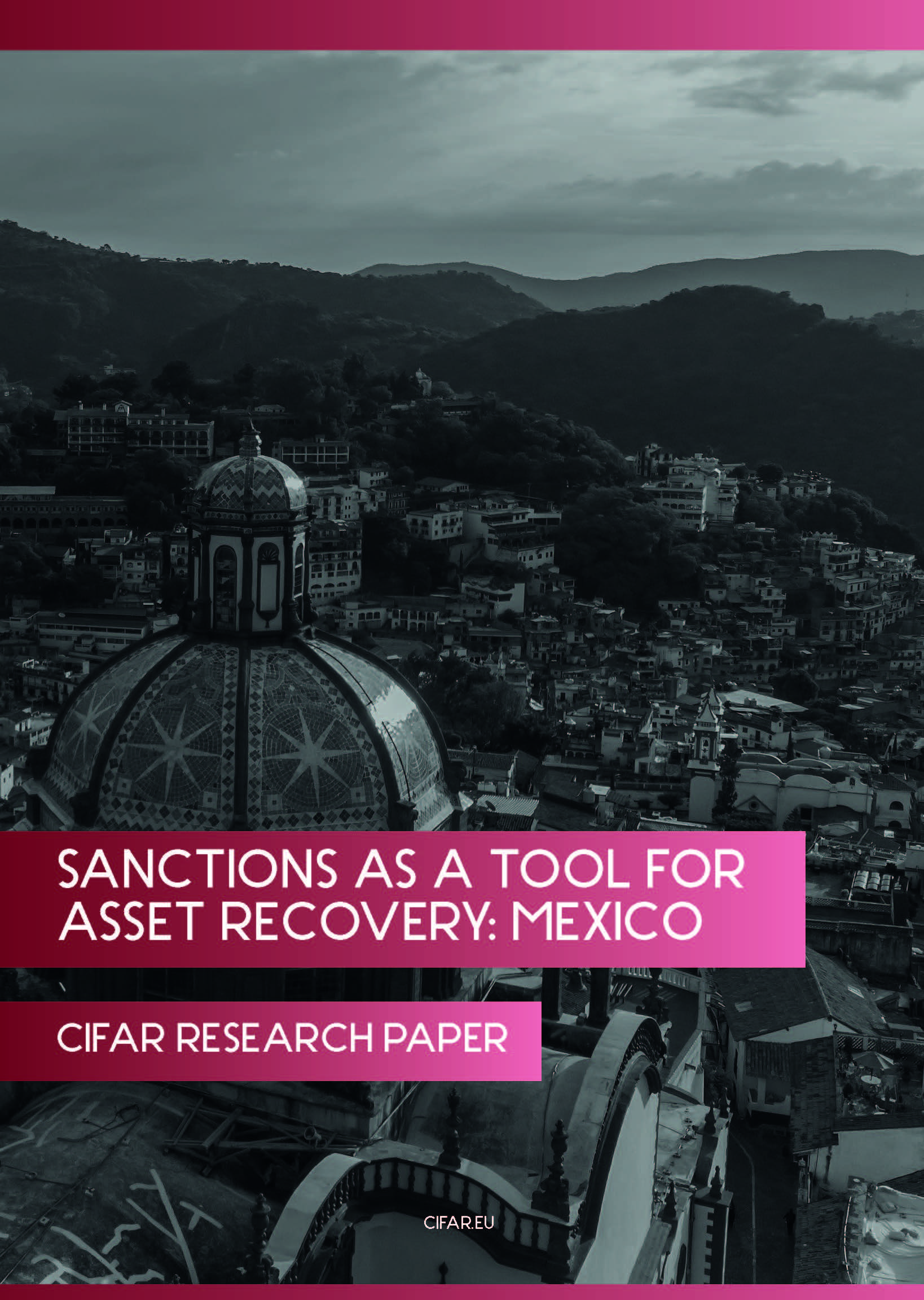
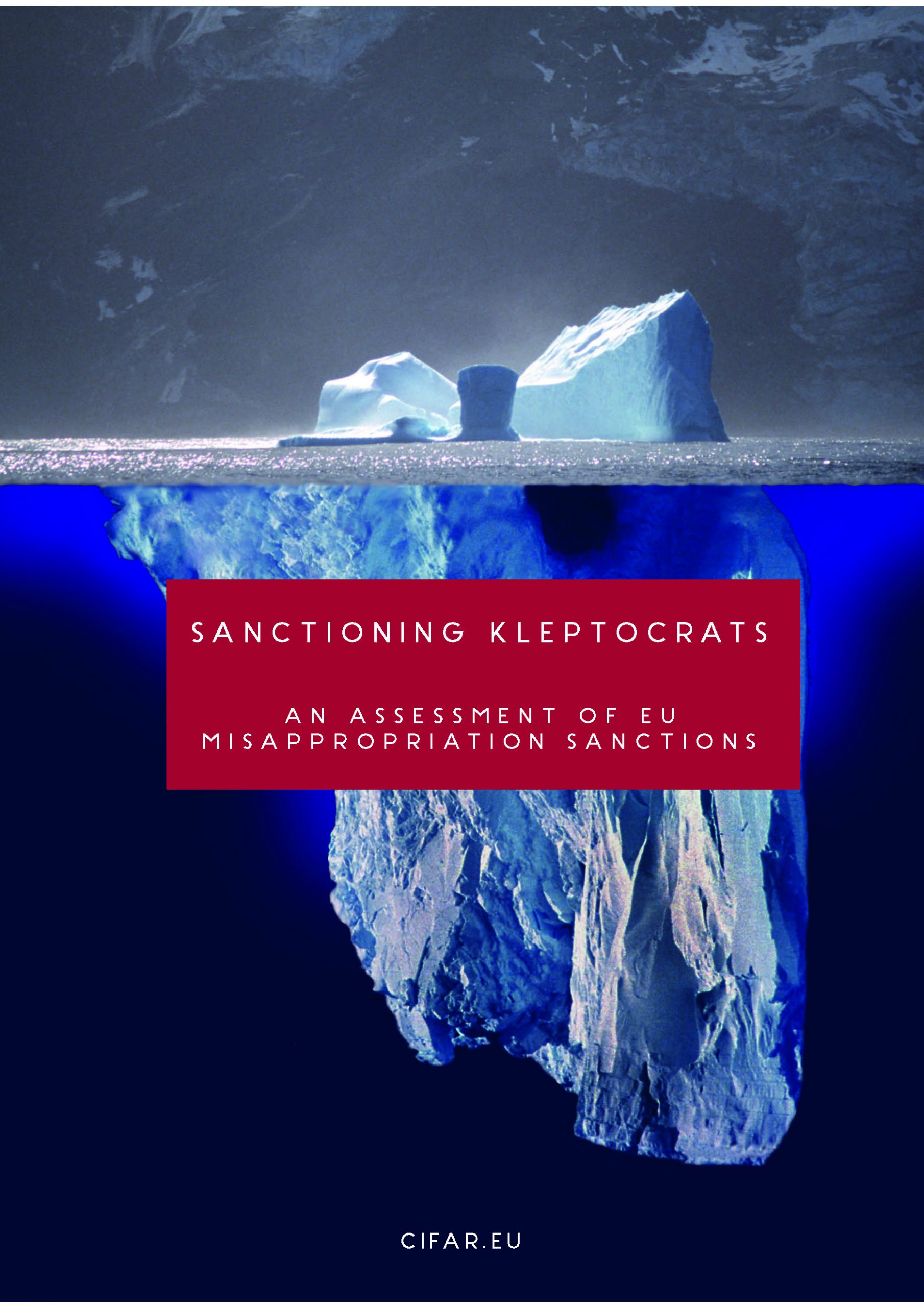
MARCH 2019
Sanctioning Kleptocrats. An Assessment of EU Misappropriation Sanctions
Dr. Clara Portela, University of Valencia, Spain
In 2011 and 2014, the EU imposed sanctions on individuals of former regimes in Tunisia, Egypt and Ukraine freezing their assets in EU member states. This study analyses the effectiveness of this system as a tool against cross-border corruption and asset recovery. The research shows that while the misappropriation sanctions imposed on individuals in Tunisia, Egypt and Ukraine were certainly successful in showing political support to the new leadership, the success in recovering assets from the EU Member States has been very limited and the application of these sanctions have been inconsistent and opaque. The report suggests several reforms that could be taken up by policy makers to address the limitations of EU-wide sanctions to address grand corruption.
